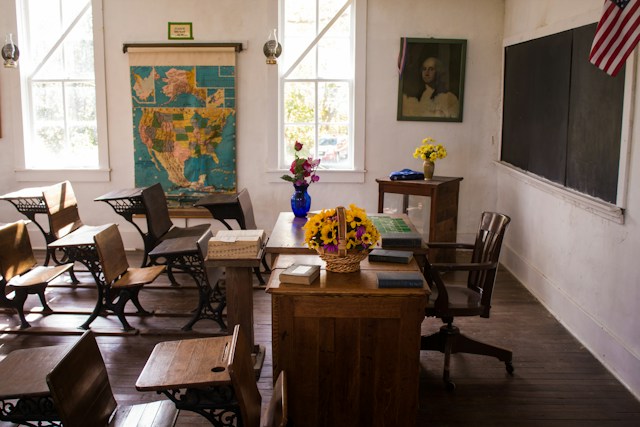Effectively managing classroom distractions has been a challenge for teachers for generations. Only now, in an era of the digitally empowered classroom, effectively dealing with classroom distractions has become even more problematic.
Remember when classroom windows were perhaps the biggest source of distractions to students? Well, connected technologies have opened internet windows to an unlimited number of potential distractions. And, gone are the days of tossing written notes as the teacher’s back is turned. Now, passing notes is as simple as a few characters or emojis sent in a mobile text.
So, what’s a teacher to do? This post outlines a couple of considerations to more effectively manage those growing numbers of classroom distractions.
Mobile Phone Use in School is on the Rise
Society is engulfed in mobile tech devices, and children are not immune. According to a recente studio, 53 percent of children have a smartphone by IL age of 11. For teens, that percentage swells to 95 percent.

Some school districts combat the escalating problem of smartphones in classrooms by banning them from school grounds. According to data from the U.S. government, approximately 90 percent of districts banned cell phones in the 2009-10 school year. By 2015, as more children—and younger children—started using mobile phone daily, the percentage of districts banning phones had fallen to 65 percent. However, post-pandemic, with student tech device usage forever altered, bans are now on the rise, and enforcement, for the very first time in many instances, is becoming stricter.
However, smartphone bans in schools are controversial. For one, parents like the ability to quickly connect with and communicate with their children. One interesting solution that is gaining momentum is the deployment of charging stations in classrooms. Students seem willing to go without their phones for a class if it means a full battery charge for later!
Social Media Sites are Great — Just Not at School
It’s possible, of course, for social media platforms to convey a wide variety of educational content. But, in truth, social media sites are not educational sites.
More importantly, expanding research is beginning to show that students’ use of social media may be both addictive and psychologically damaging. Last year, the U.S. Surgeon General went so far as to issue an advisory warning about the negative effects social media has on the mental health of young people.
Addictive social sites are potentially giant classroom distractions, and they offer very little value in return. Addressing this problem is simple: Schools districts can use their web content filters, like Filtro Lightspeed™, to block access to social media sites like TikTok, X/Twitter, Instagram, and Facebook.

Use Edtech to Better Manage Classroom Distractions
In today’s 1:1 technology learning environment, where each student has their own connected computing device, managing classroom distractions goes well beyond dealing with smartphones and social media sites. Distractions during classroom lessons are literally just a fingertip away for students in every grade across the K-12 spectrum.
In addition to a web content filter, many school districts lend teachers a helping edtech hand with classroom management software. Classroom management software, like Gestione della classe Lightspeed™, is a solution that empowers teachers to view, monitor, and control their students’ digital learning and technology device activity while in the classroom. Those solutions deliver to teachers a centralized view of students’ device screens and the ability to close unrelated tabs or take similar actions to help eliminate distractions.
Summary
Distractions are on the rise in classrooms, and learning outcomes are negatively affected—not just for those students using tech devices off task, for their in-turn distracted classmates too. For a more expansive action plan to better manage classroom distractions, download the eBook Managing Distractions in Digital Learning Environments today.

